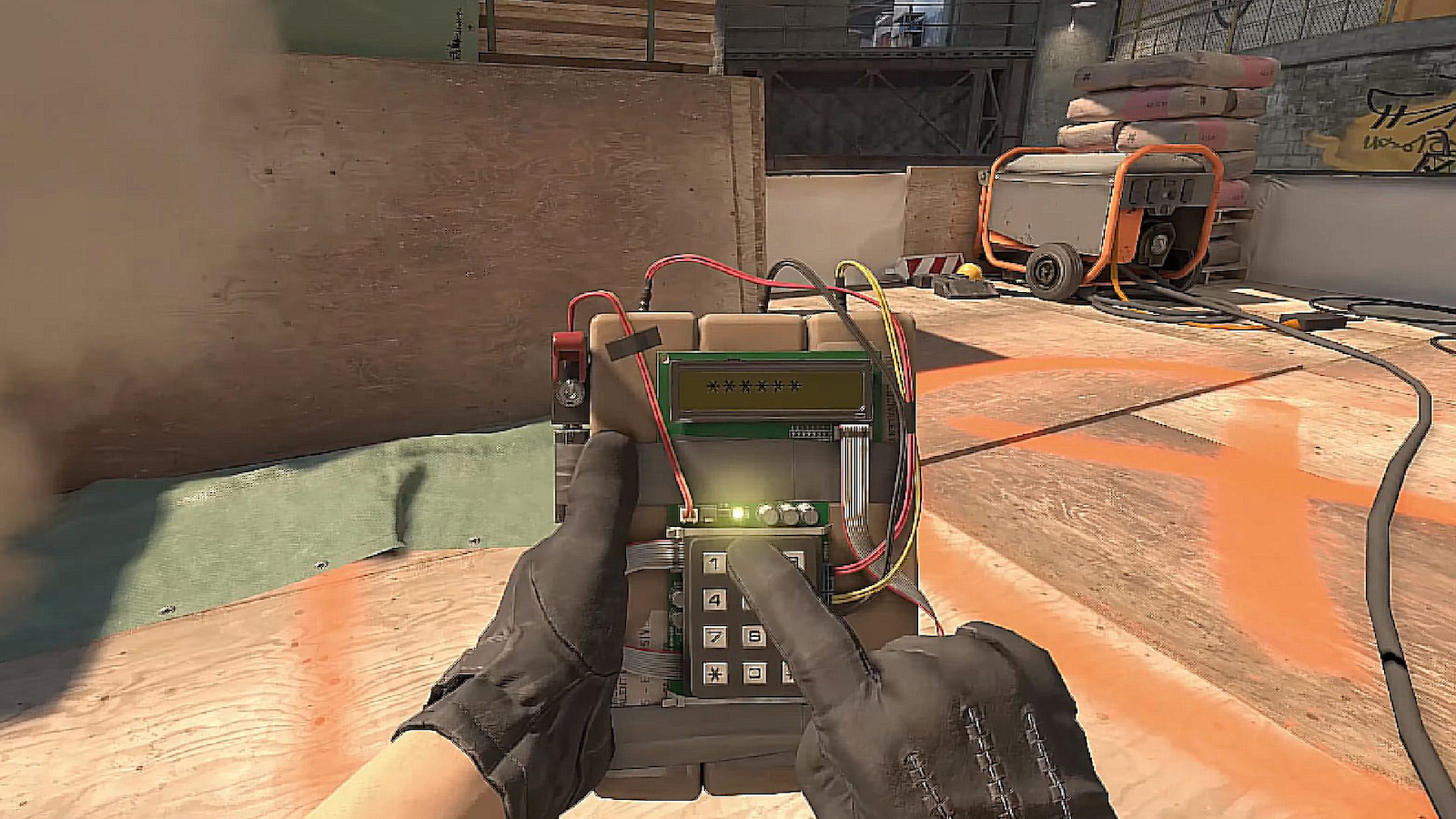BTOB Insights
Exploring the latest trends and news in business and technology.
Teamkill Tactics: When Friendly Fire Becomes Your Worst Enemy
Discover the shocking truth about friendly fire! Uncover tactics to avoid teamkill disasters and turn your squad into a winning machine.
Understanding Friendly Fire: The Consequences of Teamkill Tactics
Understanding Friendly Fire is crucial in both competitive and cooperative gaming environments, as it can significantly impact team dynamics and overall gameplay. Teamkill tactics often arise from miscommunication or frustration, leading to unintentional consequences that can hinder a team's performance. For instance, players may experience a drop in morale, decreased trust among teammates, and a heightened level of frustration, which can ultimately affect their focus and strategy. It's essential for players to identify the root causes of these incidents and address them proactively to maintain a positive gaming atmosphere.
Moreover, the repercussions of teamkill tactics extend beyond immediate gameplay. Developers often implement penalties for players who consistently engage in friendly fire, which may include temporary bans or loss of in-game rewards. This creates a ripple effect that impacts not just the offending player but also the entire team, as they may have to navigate through disadvantageous situations or risk losing valuable resources. To foster a healthy gaming community, it's vital for players to engage in open communication, develop strategies to avoid friendly fire, and emphasize teamwork to mitigate the potential negative impacts of such tactics.

Counter-Strike is a popular tactical first-person shooter that has captured the attention of gamers worldwide. With its strategic gameplay and team-based mechanics, players engage in thrilling battles across various maps and game modes. For those looking to enhance their experience, there are numerous CS2 Challenges that provide exciting tasks and missions to complete.
Top 5 Strategies to Minimize Friendly Fire in Team-Based Games
In team-based games, minimizing friendly fire is crucial for maintaining team cohesion and ensuring victory. One effective strategy is to establish clear communication among team members. Utilize voice chat or in-game messaging systems to share your intentions and movements, which can help prevent accidents. Moreover, consider adopting a role-based system where team members specialize in specific tasks. This can reduce confusion and ensure that players are aware of each other's locations and objectives, ultimately leading to fewer instances of friendly fire.
Another essential strategy is to implement strict rules of engagement during gameplay. Encourage team members to establish guidelines regarding when and how to engage opponents, particularly in high-stakes scenarios. This can include designating zones for combat or creating a system for attacking and retreating. Lastly, employing in-game training sessions can help familiarize team members with the mechanics of their characters and weapons. Practice makes perfect, and the more comfortable players are with their tools, the less likely they are to inadvertently inflict friendly fire.
Is Friendly Fire Necessary? The Debate on Teamkill Mechanics
The debate surrounding the necessity of friendly fire in multiplayer games often divides players and developers alike. Advocates argue that teamkill mechanics introduce a layer of realism and strategy, encouraging players to be more aware of their surroundings and to communicate better with their teammates. This heightened sense of caution can lead to more engaging gameplay, as players must balance aggression with the risk of accidentally harming their allies. Moreover, when players face the possibility of being hurt by their own teammates, it fosters a deeper sense of camaraderie and cooperation, as everyone understands the stakes involved in collaborative play.
On the other hand, critics of friendly fire argue that it can lead to frustration and toxicity within gaming communities. Accidental kills can disrupt the flow of the game, leading to feelings of blame and resentment among players. In competitive environments, where precision and strategy are key, the risk of teamkills might outweigh its benefits, potentially driving away new players who are unfamiliar with the mechanics. This raises the question: should developers prioritize a more inclusive experience by eliminating friendly fire, or should they maintain it to preserve the challenge and realism it brings?